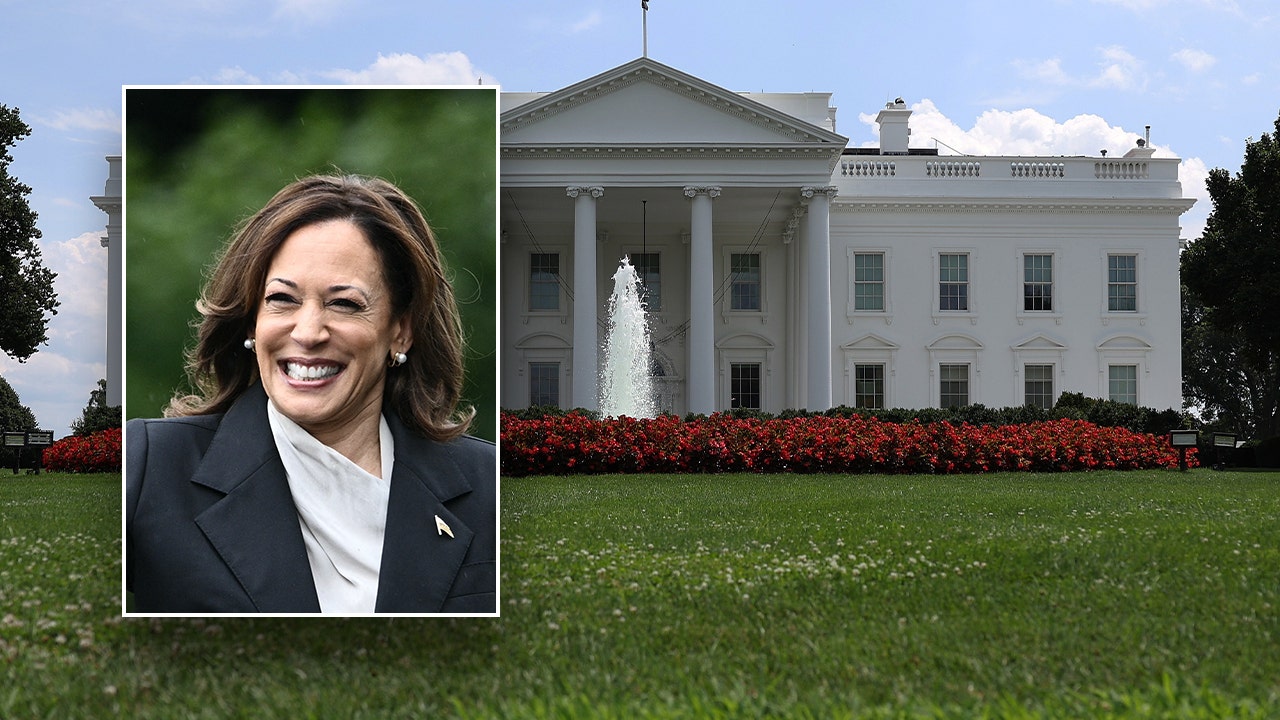The FBI sidelined dozens of whistleblowers by suspending their security clearances for more than a year, an inspector general’s report released Tuesday found — despite a top bureau official denying the retaliation in closed-door depositions before Congress, according to transcripts reviewed by The Post.
Justice Department watchdog Michael Horowitz revealed in a letter to Deputy Attorney General Lisa Monaco that the FBI lacks protections for whistleblowers who claim they are being put on ice in retaliation for going to Congress.
The bureau notably did not provide avenues for whistleblowers to retain employment while their clearances were being reviewed, the five-page missive from Horowitz stated.
Jennifer Leigh Moore, the former FBI executive assistant director of human resources, denied during an April 2023 transcribed interview before the House Judiciary Committee that her agency had taken retaliatory steps.
“The FBI does not use a suspension as a punitive measure ever,” Moore said at the time. “It is only utilized in national security matters.”
“The FBI takes whistleblowers very seriously,” she later added. “We encourage our employees and actually require them to report waste, fraud, abuse, and misconduct. We absolutely appreciate a whistleblower.”
Two months later, Moore stood by that testimony during another grilling before the Judiciary panel, a transcript of which was also reviewed by The Post.
The FBI’s failures left at least 106 agents in the lurch for an average of almost 18 months each, according to data obtained by the inspector general’s office.
In one reprisal case, Horowitz wrote, a bureau employee was suspended without pay for more than two years and would still be unable to file a retaliation complaint had his office not intervened.
Tristan Leavitt, president of the nonprofit Empower Oversight Whistleblowers & Research, confirmed that the treatment of one of their clients, FBI staff operations specialist Marcus Allen, prompted the internal investigation.
“The Justice Department IG today confirmed what we knew all along: the FBI has been illegally abusing the security clearance process to retaliate against whistleblowers,” Leavitt told The Post, “but our client, Marcus Allen, is still waiting for the IG to report on the FBI’s retaliation against him more than a year after we first filed a complaint with that office on his behalf.”
“The report is pretty dense. But the bottom line is that the @FBI is not following the law,” Empower founder and chair Jason Foster posted on X.
“It built a bureaucratic box designed to force employees to resign by withholding their pay and any meaningful appeal rights until they have to choose between vindication and feeding their families.”
The cases involving Allen and other FBI whistleblowers were also investigated by the Judiciary Committee last year, forming the substance of another report that concluded the bureau was “broken” and “targeting” agents over their protected disclosures to lawmakers.
Allen, who is still employed without pay or duties, had his security clearance pulled for harboring “conspiratorial views” after he shared open-source news articles with fellow FBI agents that “questioned the FBI’s handling of the violence at the Capitol” on Jan. 6, 2021, the report stated.
FBI special agent Garret O’Boyle and Stephen Friend also had their clearances suspended indefinitely for making protected disclosures to Congress.
In a letter to Congress last year, the FBI said that Allen had “expressed sympathy for persons or organizations that advocate, threaten, or use force or violence, or use any other illegal or unconstitutional means, in an effort to prevent federal government personnel from performing their official duties.”
“Friend entered FBI space and downloaded documents from FBI computer systems to an unauthorized removable flash drive,” the letter added. “The FBI then required Mr. Friend to attend a Security Awareness Briefing (SAB) regarding his actions, but he refused to do so.”
The FBI wasn’t the only federal law enforcement agency implicated, with Horowitz citing similar failures at the Drug Enforcement Administration (DEA) and the Bureau of Alcohol, Tobacco, Firearms and Explosives (ATF).
The watchdog recommended that federal law enforcement agencies immediately revise policies to protect whistleblowers who have been retaliated against, which is already required under existing statutes.
He also asked for a monthly review process of suspension cases extending 90 days or more, as well as compliance with the DOJ’s existing policy to “make every effort to resolve suspension cases as expeditiously as circumstances permit.”















